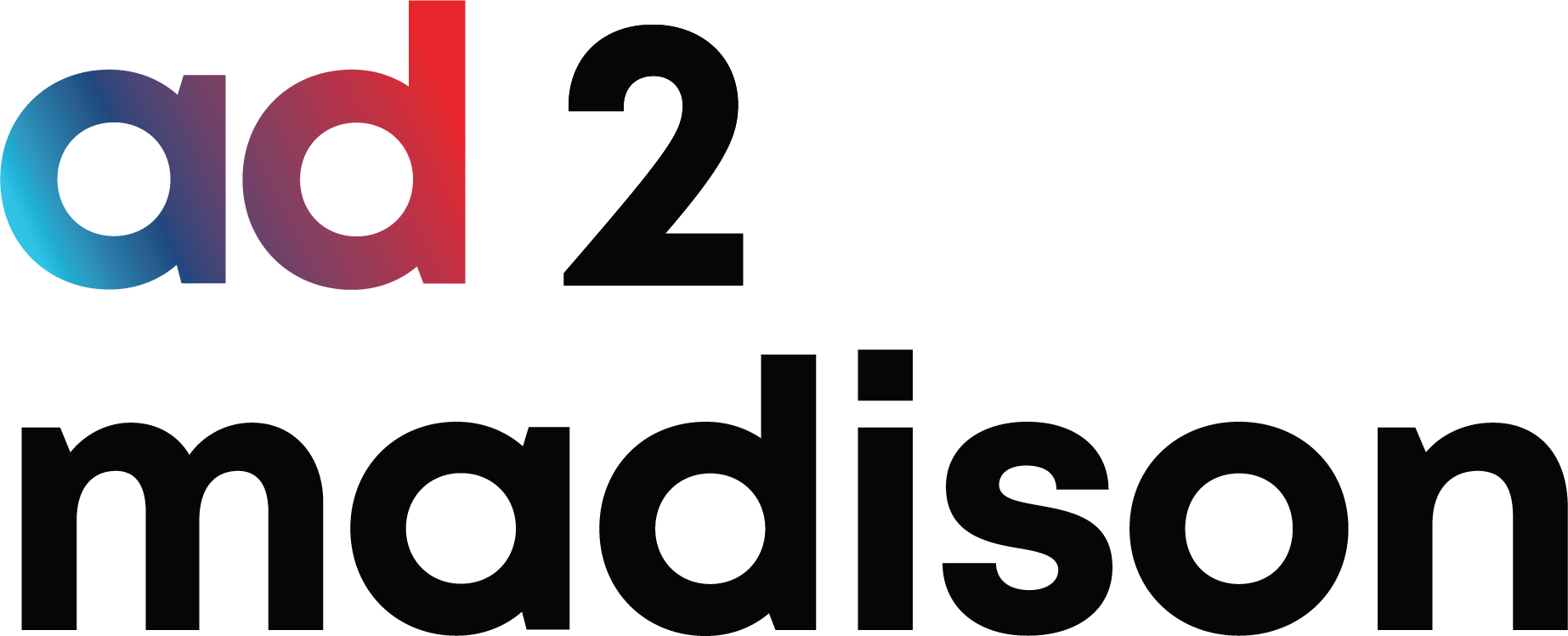Brita Larson, MSW, a young professional, therapist, and business owner in Madison, shares her tips for recognizing and fixing burnout in young professionals. You can learn more about Brita on her website.

Brita Larson, MSW
Over the last few months, the most common complaint I have heard from people, both within my friend circle and professionally, is burnout. Perhaps it’s lingering effects of the pandemic, doing more than usual to “catch up” from the social deprivation of the pandemic, or maybe it’s a new job, relationship, or project. Either way, people are burning the candle at both ends. (Though I hope it’s a nicely scented holiday candle). Mix chronic stress and myriad commitments together and you’ve baked yourself a burnout cake.
What does burnout look like? You might be sleeping more, have less motivation to do things you used to like (i.e. working out, creative projects, socializing), experience low motivation or productivity (especially at work), and even some cynicism about your job or the state of the world.* Any of this sound familiar? If the answer is yes, you may be experiencing burnout. It may be time to pause and consider some changes that you might want to make.
Unfortunately, healing burnout doesn’t have a quick fix. Burnout is psychological, physiological, emotional, and (in some ways) spiritual. How can you reduce burnout in your everyday life between balancing work, family, friends, and the latest episode of Succession? Your answer is going to be unique to you and your values and priorities, though I can share some ideas about how to address burnout.
- Take a look at your “Four Pillars” (sleep, diet, exercise, and social connection). Burnout taxes the body. Healing from burnout requires really slowing down and spending extra time taking care of yourself. Make sure your busy brain is getting 7-9 hours of sleep per night. I also recommend making sure you’re getting enough vegetables, protein, and whole grains. Exercise has also been shown to improve mood and overall well-being; even a daily 30-minute walk can make a big impact on your mood. Finally, humans psychologically need quality social connection. This means spending time with people who make you feel loved, seen, and connected. I want to emphasize that these four things improve our overall well-being because when our bodies feel good, our brains feel better too. However, sometimes we can be doing well in all four of these areas and we still might be feeling cruddy. I’ll address that later.
- Determine what activities you value. No matter how you came by your burnout, it is important to determine your values so you can whittle down your calendar to things that give you energy. Healing from burnout requires taking your foot off the gas. How do you figure out your values? I recommend a values sort. (You can find one here). Then, ask yourself questions like: Am I about to take part in a valued activity? Is this a worthwhile use of my time? Do I even want to be doing this activity? Sometimes, clarifying your values also illuminate your current professional situation. Are you feeling fulfilled by your work? Does it give you meaning? Do you like your coworkers? Be curious about what answers come up for you. You might unearth something exciting and interesting.
- Recharge. Again, this looks different for every person. Are you an introvert who is chronically overbooked? Add “You Time” into the calendar. Check in on your social meter throughout the day. Read that book gathering dust on your nightstand. Ask yourself: Is this additional event going to serve or hurt you? It’s okay to say no. Now, if you’re an extrovert, make sure you’re getting enough quality social connection. What events do you love having in your calendar that recharge you? Make sure you’ve got that in your schedule.
- Reach out to a mental health professional. Sometimes, despite overachieving in all four pillars, we still don’t feel great. If that’s the case, it might be time to seek a mental health professional. Not only will a therapist help you clarify and process the emotions that you’re experiencing, they are also a great sounding board for new ideas and endeavors. Remember, you don’t have to go at it alone.
Burnout is a complex beast; healing burnout requires a multi-pronged approach from many different angles. This list is certainly not exhaustive, but it is a place to start. Sometimes it’s most important to simply become aware that you are burned out in the first place, because awareness creates change. Ultimately, this is a process of self-discovery and what’s more fun than that?
A few book recommendations:
- A detailed look at how to heal burn out. Burnout: The Secret to Unlocking the Stress Cycle by Emily Nagoski and Amelia Nagoski
- Feeling burned out in your career? This book is very interesting and validating if you’re looking to make a change. Range by David Epstein
*(If you have noticed other changes, such as changes in appetite or sleep, or are having thoughts of suicide, please reach out to a mental health professional.)

